A few years ago, while randomly browsing through some Vimeo videos, I came across a short movie Vu du Ciel, which spectacularly captured Paris from the air. It was made by Yann Arthus-Bertrand, a French photographer specialized in aerial photography, who in 2009 also directed a stunning environmental documentary Home. By researching a bit around the subject, some of the references were pointing to another French photographer, Eric Valli, who collaborated with Y. A.-B. on a number of projects. As the name of Eric Valli was new to me, I went to check his website, and being amazed by his work from some the most inaccessible locations around the world, I bookmarked it. And that was pretty much it.
Today, while finally spending some time organizing my chaotic bookmark list, I stumbled upon this forgotten page. I was surprised to see that Valli’s latest project was about the life of four groups of people living off the grid in the most unspoiled parts of the United States. Although being at a different degree of separation from the modern society, they all seem to share the need ‘not to be the part of the problem anymore’. He spent a few years with these men and women, penetrating deeply into their unconventional lifestyles. Published in the late 2011, the result was a dazzling photo book, in French entitled as Rencontres hors du temps.
After reading the interview he gave to Andy Welch, I got the impression of Valli being this rare-to-find, genuine vagabond. Originally trained as a carpenter, at quite early age he heard the call of adventure, and photography became his tool to wonder and discover the world. Although working with some the most prestigious magazines in the world, what seems to make him stand out in that competitive field is his persistence to find an extraordinary subject, and his determination to get to the essence of it. ‘I have maybe only done 10 stories in my career, compared to the hundreds my peers have done, but it takes me so long to find the subject, and when I have them I really want to explore everything. It’s very much a love story.’ Maybe the most illustrative example of this approach is his story about the ‘Honey Hunters’, the men of Nepal who, in line with the 12,000 years old tradition, risk their lives to collect the produce of the wild bees that nest in the cliffs above their village. It took him 18 months to only find these half-mythical men, and then shooting alone took another two years.
Nonetheless, his latest story seems to have left a particularly profound mark on him. ‘The Off The Grid people have it right, in my mind. Are we going to carry on consuming at the rate we do now? I think at one point this way of life will become the way we all live. There has to be a simpler way of life for everyone. In the West we think there are only two options, either that you work and work and work, earning less than you did 10 years ago for doing the job of the two people that have been fired, or you go and live under a bridge and beg for money.’
As his interviewer has noticed, what today seems his biggest survival challenge is not the wilderness while being on the road, but actually the city when being back. Although he now lives in an ‘architect’s dream’, a converted factory in one bohemian Parisian neighborhood, he seems to be ready to leave it all behind. ‘It’s Debra that keeps me here, otherwise I would go and live there with the children, build a house and grow what we ate. It would be so good for them. ‘
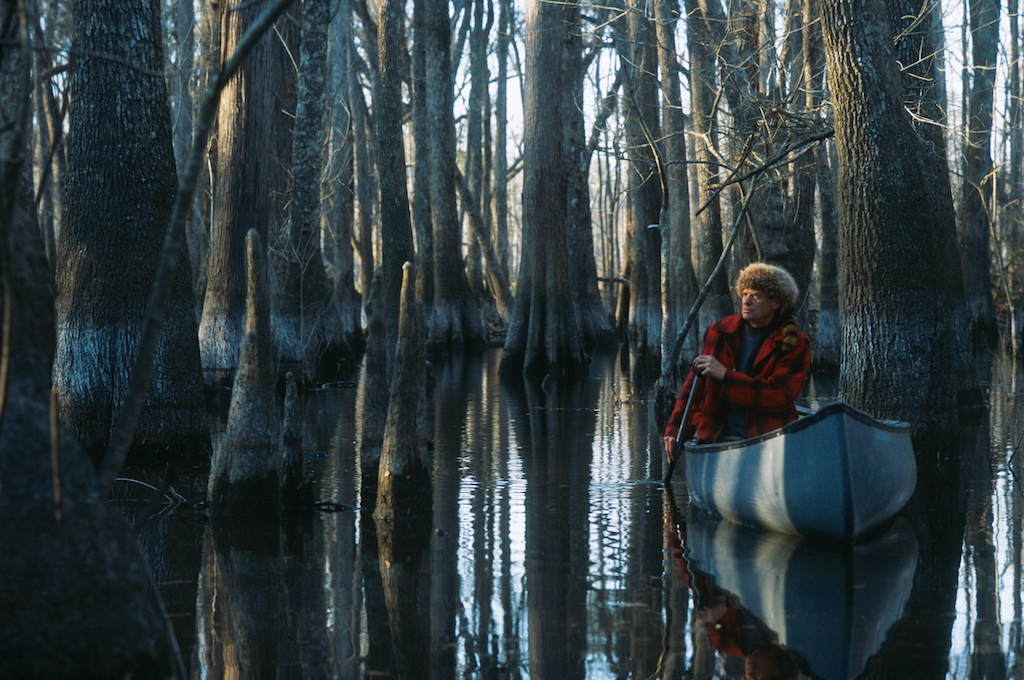
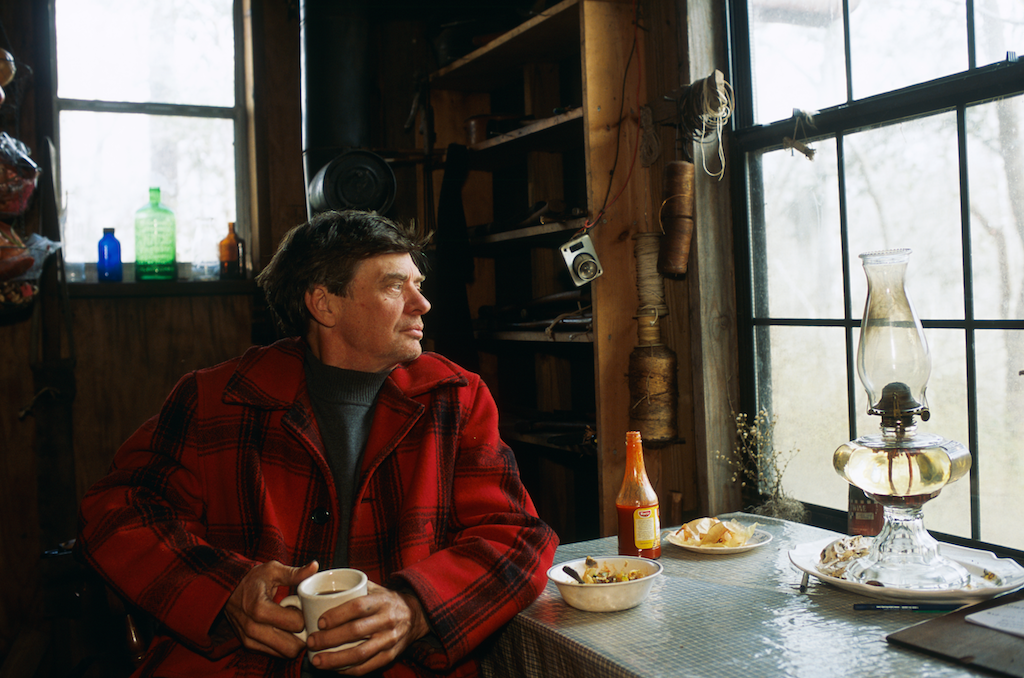
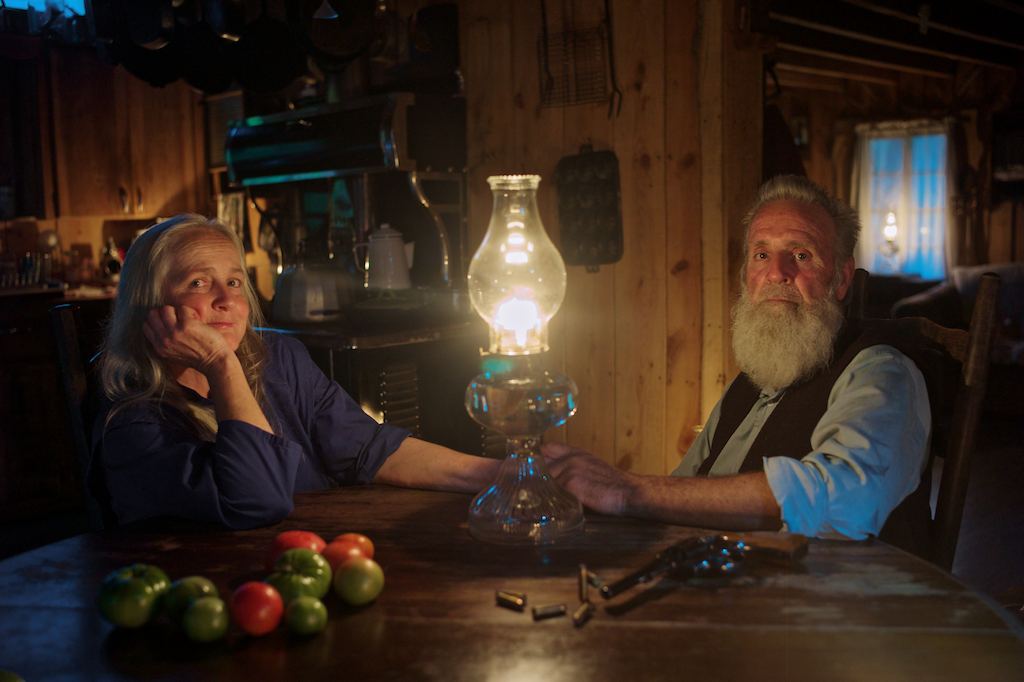
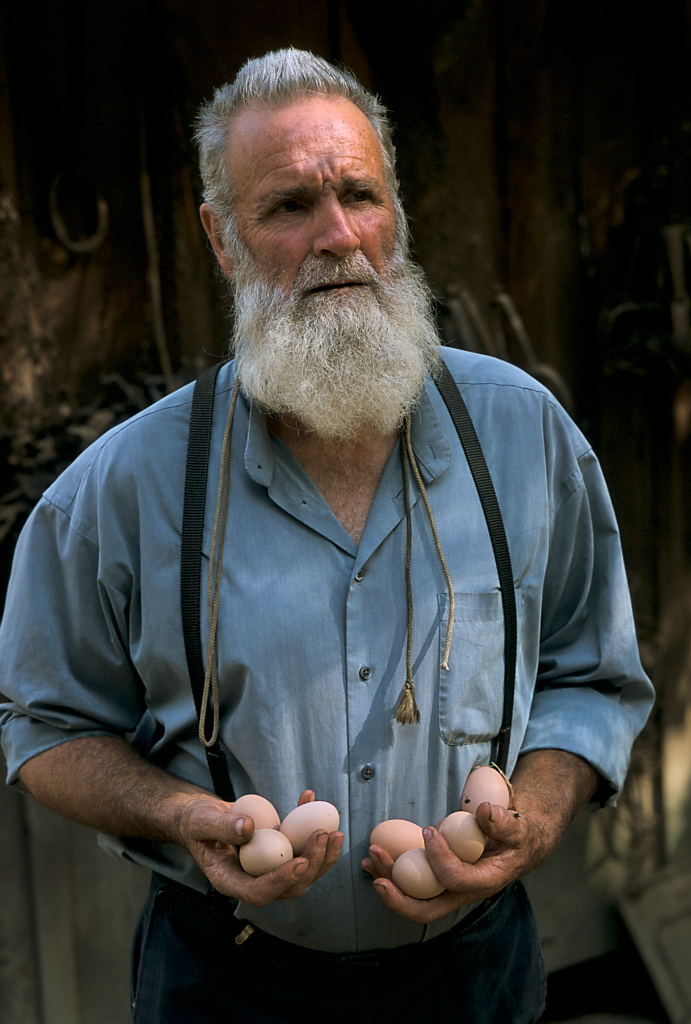
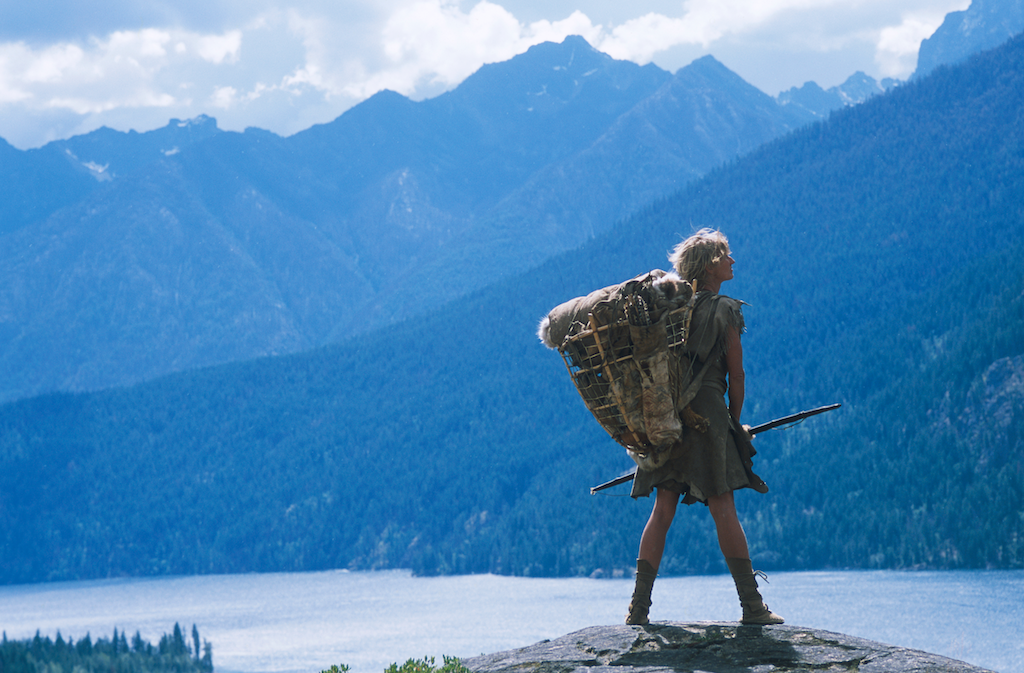
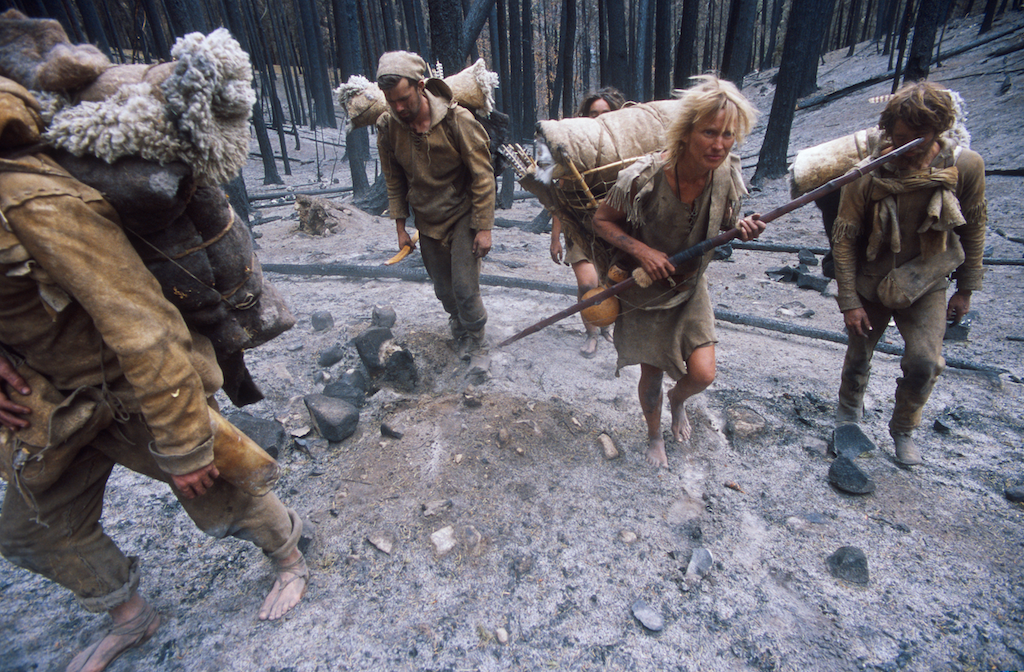
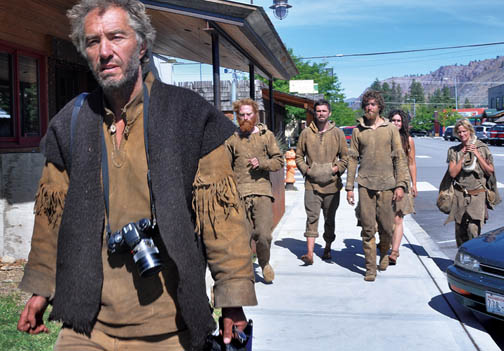







A couple of months ago I watched a Yann Arthus-Bertrand’s documentary Earth from Above. It was fascinating. Just like the lifestyle of the people Eric Valli strives to capture.